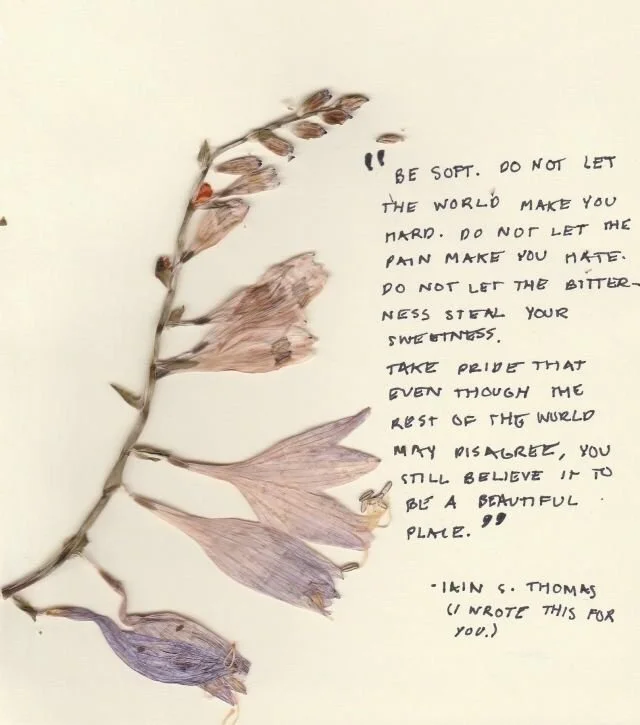How To Find Purpose In Hard Times Of Life
When I first started going to therapy regularly, I explained to my therapist that while nothing catastrophic had recently happened to me, I was bracing for it—waiting for the other shoe to drop. With so many people in my inner circle going through heartbreak and devastating losses, it seemed inevitable that my turn would come. And that was before the world was turned upside down by the pandemic!
I doubt anyone would describe our current season as “easy.” Whether you’re facing emotional, financial, or physical struggles, finding purpose in the chaos can feel like an impossible task. After a lot of work with my therapist, I’ve moved past that “waiting for the other shoe to drop” mentality. Along the way, I discovered how to reframe negativity and unfortunate circumstances. If you’re struggling to find purpose during challenging times—or anytime—here are some tips and exercises that helped me navigate through it.
Turn to Your Values
I am a firm believer in the power of core values. They should be the guiding principles for everything you do, say, and think. If they aren’t, then they aren’t truly your values. Whether rooted in personal religion, spirituality, or simply your deepest convictions as a human, values are the foundation of everything. They are the essence of who we are. They push us to make meaningful contributions to this life.
If your core values are unclear or undefined, it will be challenging to plan and create the life you desire. You’ll lack direction. However, when you identify your values and start making decisions that align with them, life suddenly feels more purposeful. Running on autopilot, disconnected from your values, can leave you feeling lost and unfulfilled.
Focus on What Truly Matters
My husband will tell you I am a gratitude enthusiast now—which is funny because I used to be quite pessimistic. I worked hard with my therapist to rewire my mindset, reframing negative thoughts and emotions. At the end of the day, gratitude can be a lifeline.
When you’re struggling to find purpose, focus on what and who truly matters—your family, your chosen family, your partner, your passions, your beliefs. These are the things that endure, the things that sustain us.
As Roy T. Bennett said,
“Being grateful does not mean that everything is necessarily good. It just means that you can accept it as a gift.”
Once you start taking stock of what you’re grateful for, the things you lack begin to fade into the background.
Define How You Want to Be Perceived
I use a guided journal daily, and one question that stumped me for a while was: How do you want others to experience you tomorrow? It’s easy to fall into using broad terms like “kind” or “nice,” but those feel almost too simplistic. They should be a given, not a goal.
Think of it this way: If you knew you had one year to live, how would you want to be remembered? This might sound a bit morbid, but bear with me. Most of us avoid thinking about death—it’s uncomfortable. But considering your own mortality can offer profound perspective. It forces you to focus on what’s truly important in life and discard what’s trivial and distracting.
Death, in its inevitability, brings clarity. Imagining your non-existence sharpens your sense of what matters most in your existence. What legacy do you want to leave behind? What stories do you hope people will tell about you when you’re gone?
This connects back to that daily journal question: How do I want to be experienced today? But it also broadens your view to the bigger picture. We often get caught up in the day-to-day grind and forget that our time is finite. There’s no time to waste. Like Mary Oliver wrote in one of my favorite quotes: “Tell me, what is it you plan to do with your one wild and precious life?”

